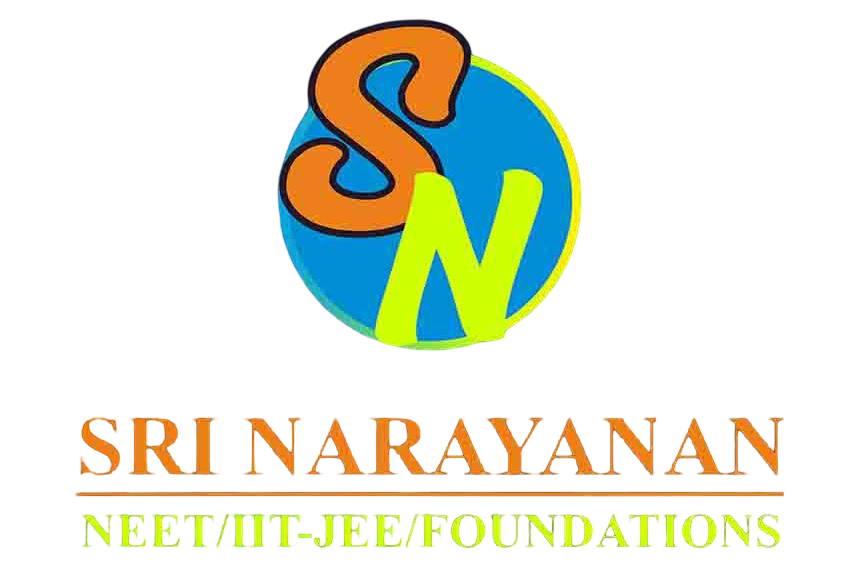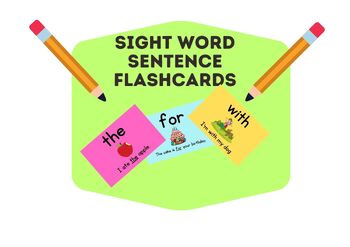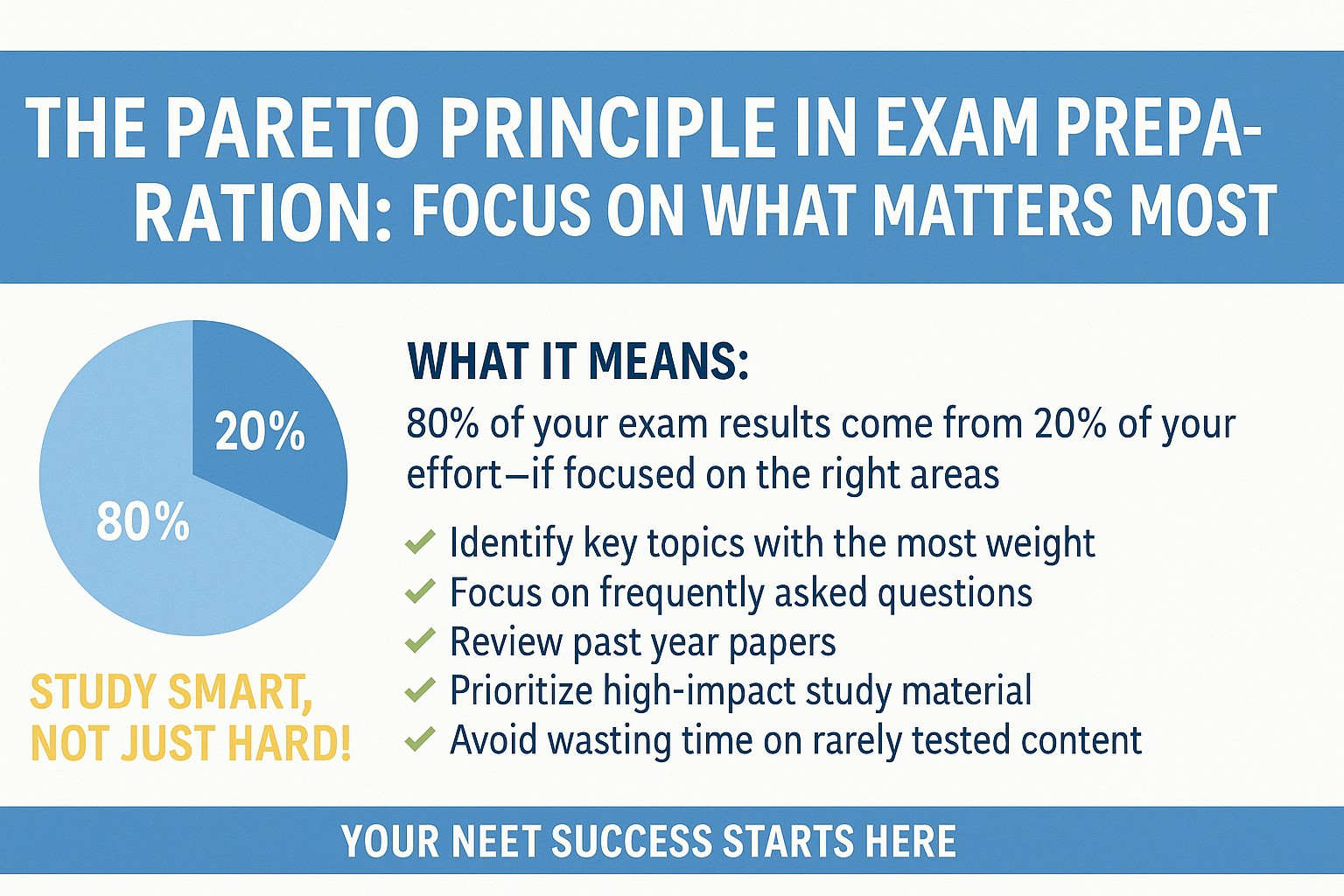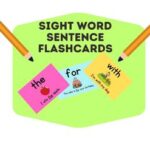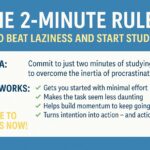How to Use Flashcards for Memorization.
Memorising key concepts, formulas, and definitions can be overwhelming for students from grades 8 to 12, especially with the pressure of board exams, JEE, or NEET. One of the most powerful tools in your learning arsenal? Flashcards. Used the right way, they can help you remember complex info, reinforce active recall, and make revision fast and fun. Here’s how to master them like a pro
- What Are Flashcards?
- Why Flashcards Work
- How to Create Effective Flashcards
- Best Subjects to Use Flashcards For
- Paper vs Digital Flashcards
- Pro Tips for Flashcard Use
- Common Mistakes to Avoid
- Conclusion
- FAQs
What Are Flashcards?
Flashcards are a learning tool that presents a question, term, or prompt on one side and the answer or explanation on the other. They’re designed to test your memory and improve recall through active engagement.
Why Flashcards Work
1. Active Recall
You don’t just read an answer — you retrieve it. That strengthens memory pathways.
2. Spaced Repetition
Digital flashcard apps can schedule reviews at optimal intervals to boost long-term retention.
3. Portability
They can be used anywhere: on the bus, during short breaks, or before a test.
How to Create Effective Flashcards
Keep It Simple
Each card should cover one fact, concept, or formula.
Use Your Own Words
When you paraphrase a definition, you’re more likely to understand and retain it.
Mix Question Types
- Definition → Term
- Term → Definition
- Application-based questions
- Diagrams and visuals (especially for Biology or Geography)
Best Subjects to Use Flashcards For
- Biology: Terminology, processes, cycles
- Chemistry: Reactions, formulas, periodic table
- Physics: Laws, definitions, units
- Math: Formulas, theorems, problem-solving steps
- Languages: Vocabulary, grammar rules
Paper vs Digital Flashcards
Paper Flashcards
- Great for kinesthetic learners
- Easy to create and customise
Digital Flashcards
- Spaced repetition features
- Accessible on the go (apps like Anki, Quizlet, or Brainscape)
- Multimedia support (images, audio)
Pro Tips for Flashcard Use
- Review daily in short sessions (10–15 mins)
- Shuffle regularly to avoid pattern memorisation
- Say answers aloud to reinforce auditory memory
- Remove mastered cards to focus on weaker ones
- Add images and colour coding for better visual recall
Common Mistakes to Avoid
- Making cards too long
- Using only recognition-based questions (e.g., true/false)
- Cramming with flashcards instead of regular spaced practice
Conclusion
Flashcards are a time-tested, brain-approved tool for mastering memory-based subjects. With the right techniques and tools, they can transform how students from classes 8 to 12 revise and retain information. Start slow, stay consistent, and you’ll be memorising like a pro in no time!
